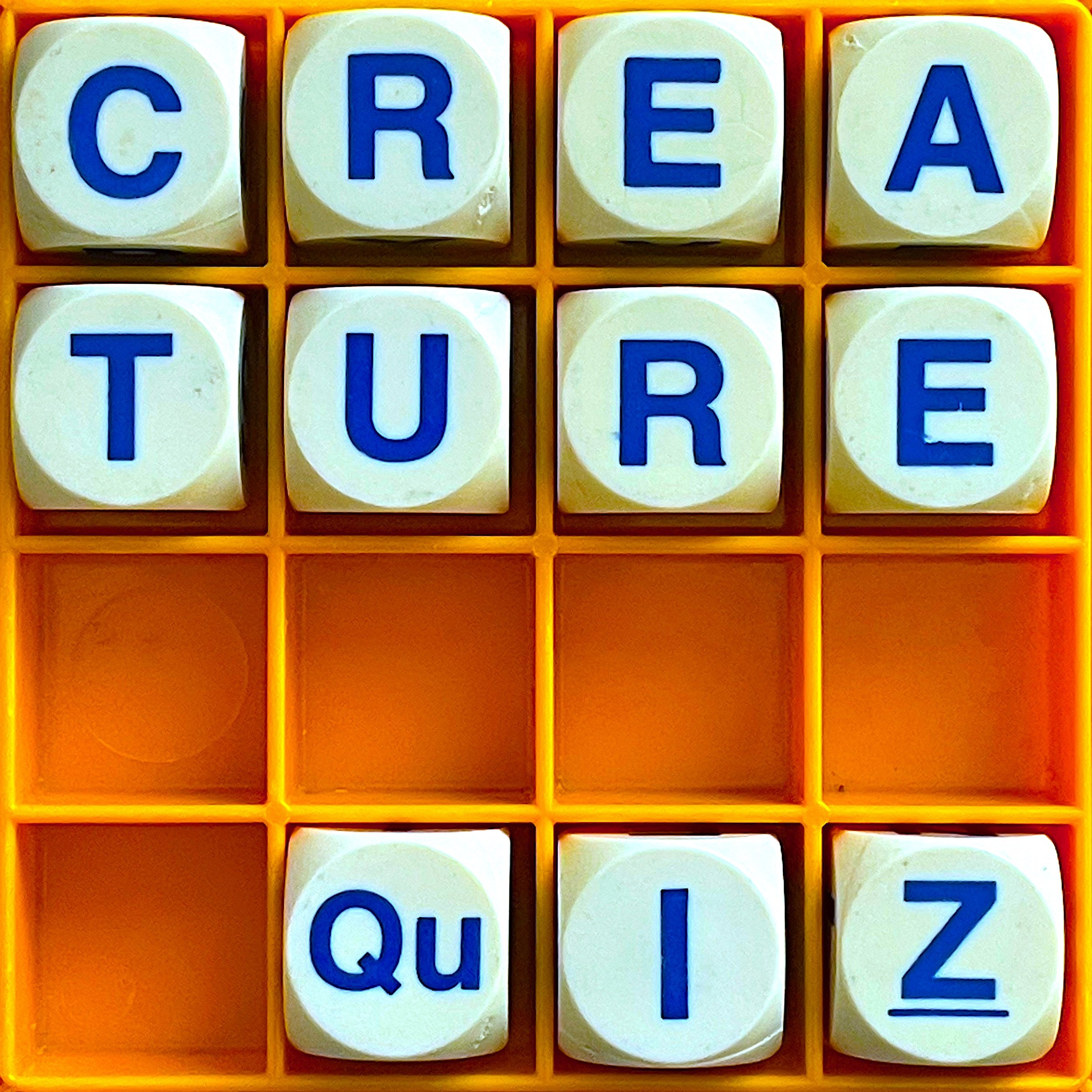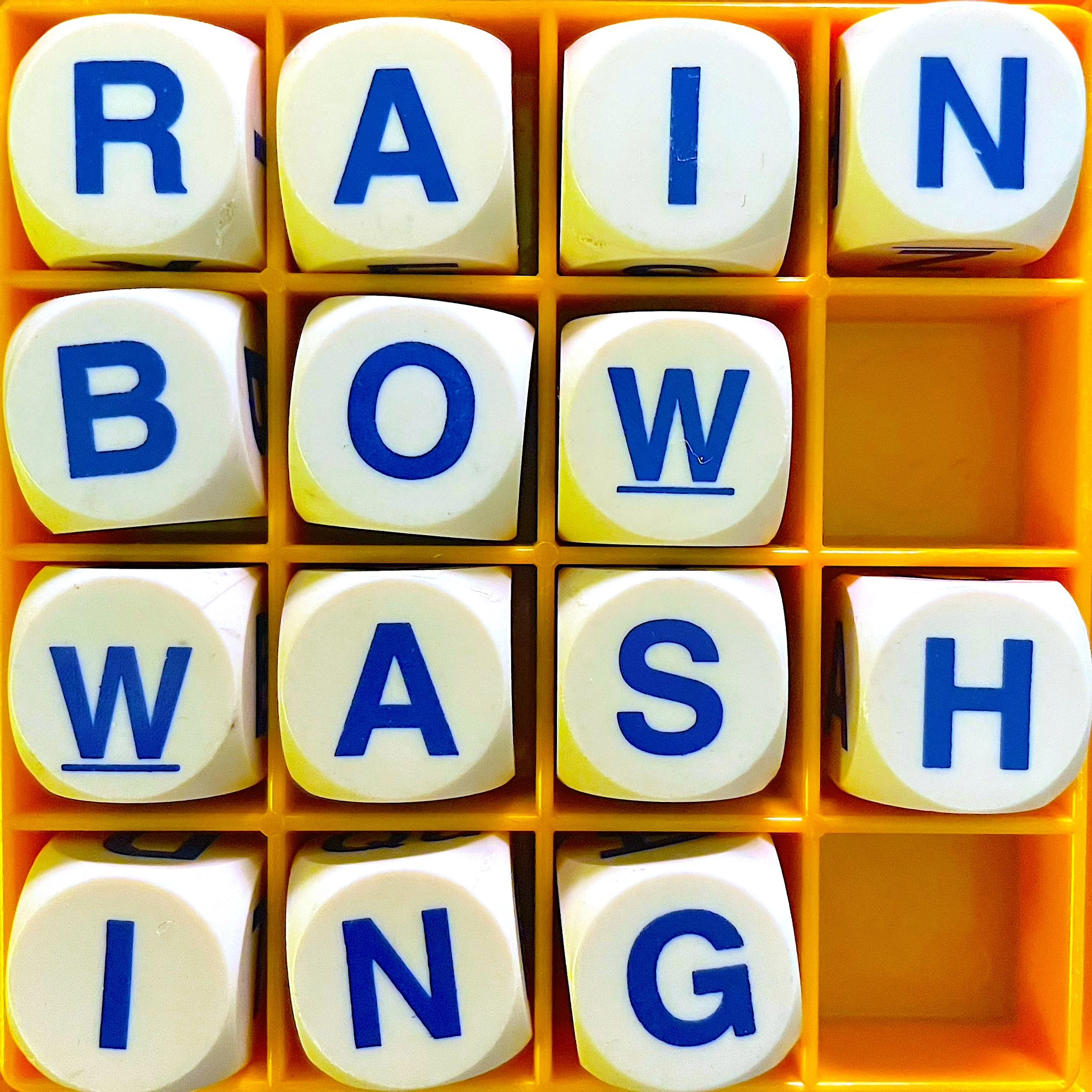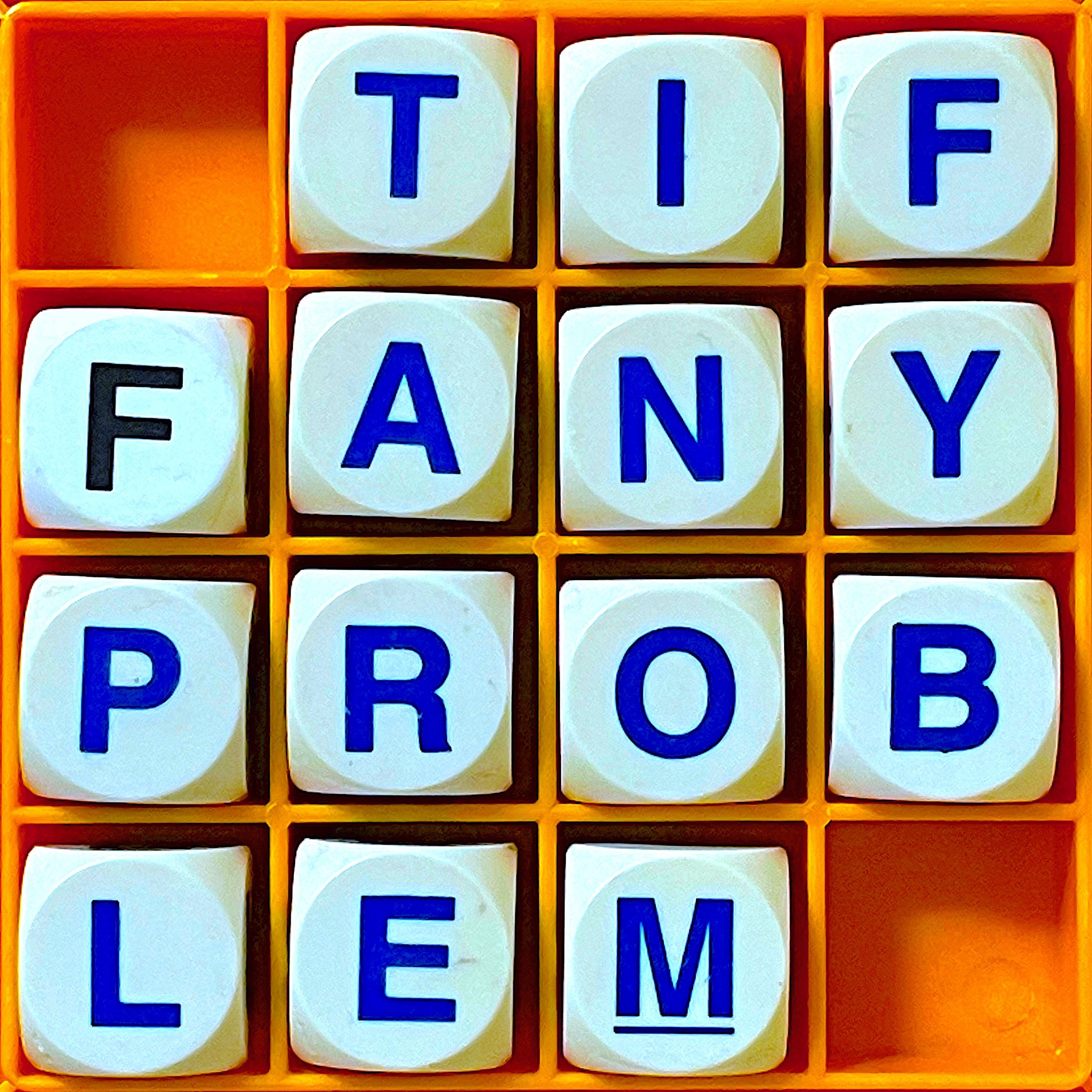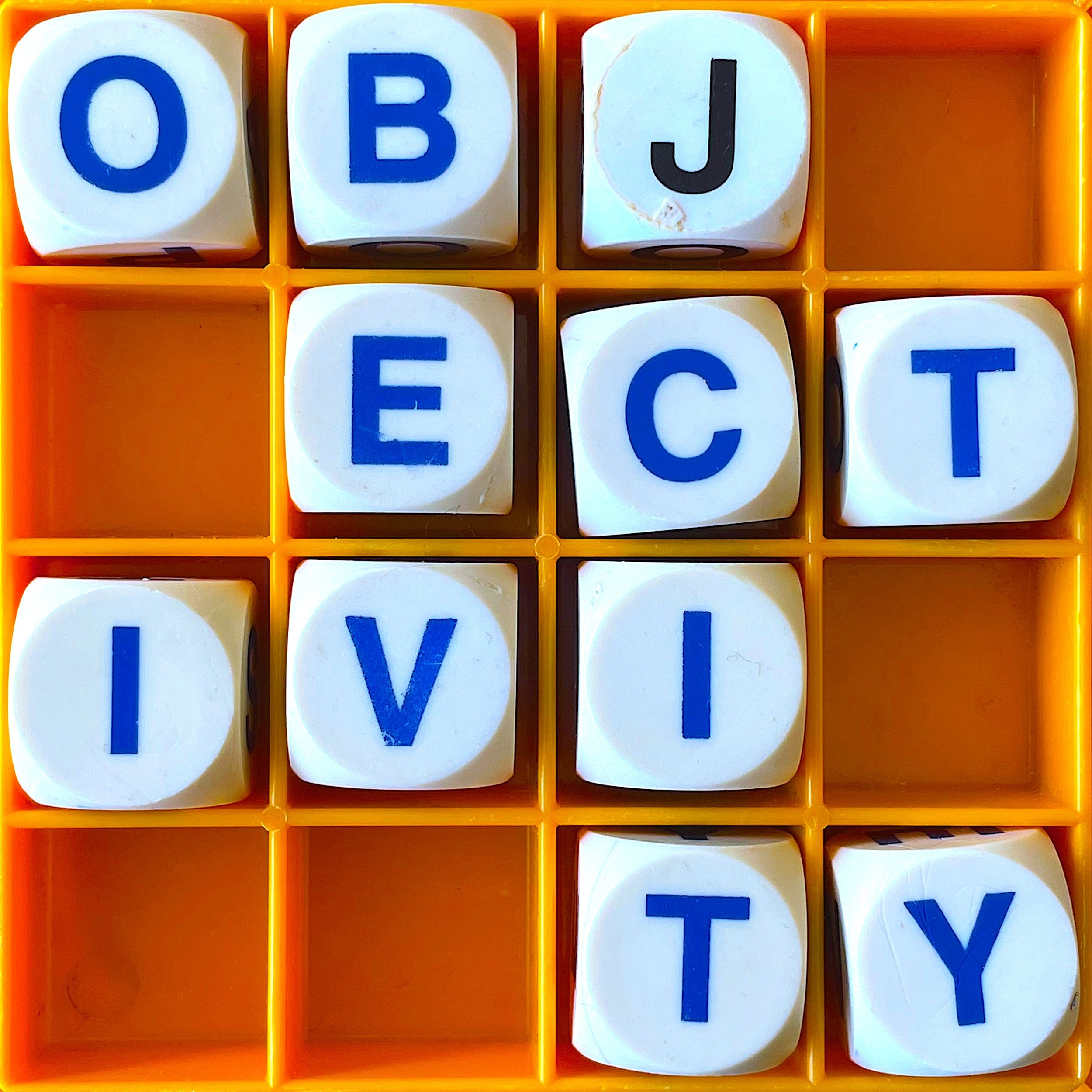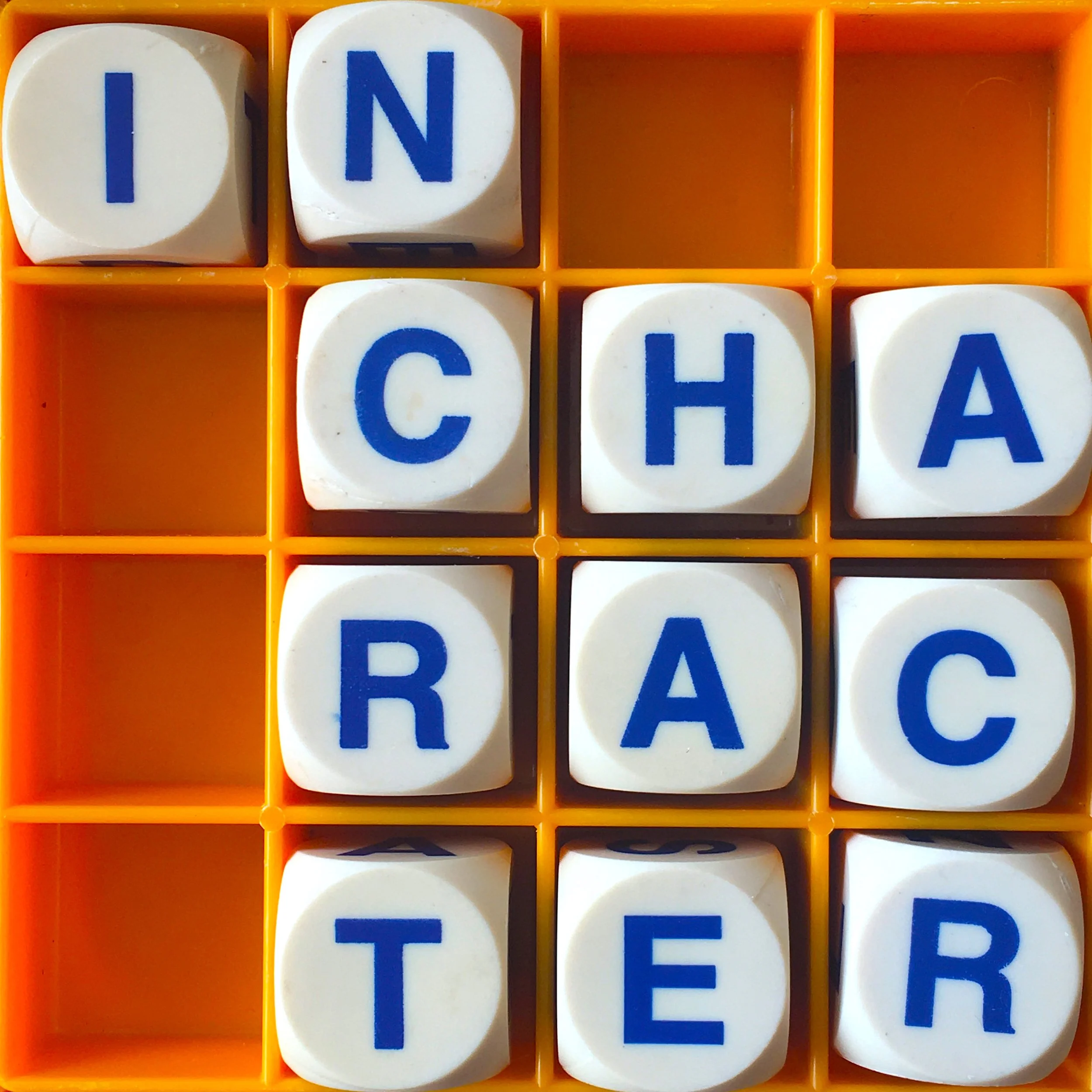“Anxiety is the parrot sidekick that rides on my shoulder and occasionally squawks warnings in my ear,” says Tim Clare, poet and podcaster and author of the book Coward: Why We Get Anxious & What We Can Do About It. We talk about anxiety, cowardice, magic bullets vs silver bullets, the scary Bible, and seagulls.
Read moreAllusionist 159. Bufflusionist
Grab your stake and crucifix pendant, we're going vampire-hunting! Well, vampire-etymology-hunting. The podcast Buffering the Vampire Slayer, which recaps the TV show Buffy the Vampire Slayer episode by episode, invited me to answer their listeners' questions of language that the show had provoked. Together with BVTS hosts Kristin Russo and Jenny Owen Youngs, I tackle the etymology of coven, vampire/vampyre, wigging out, the name Buffy and Bovril; as well as google as a verb, conlang on TV, and why Latin is so often the language of spells and spookiness.
Read moreAllusionist 158. Creature Quiz!
There's lots of fun etymology of creatures and a lot of fun etymology derived from creatures, and now it is gathered into this fun playalong quiz about animal etymologies!
Read moreThe Allusionist is currently on tour in Australia and Aotearoa New Zealand
Come to see the new live show Your Name Here, all about eponyms! It’s 90 minutes of wordy musical joy.
Two dates remain in Australia - Adelaide on 21 July and Sydney 27 July - then we’re in Aotearoa New Zealand in August. Get tickets at theallusionist.org/events.
Also! Everyone who comes to see the new live show Your Name Here gets a 'Problematic Eponym of the Future' pencil to draft their own eponym with:
Tranquillusionist: Australia's Big Things
This is the Tranquillusionist, in which I, Helen Zaltzman, say a load of deliberately boring words to distract your interior monologue from whatever dystopian stew it is in. Today: a list of the Big Things of Australia.
Read moreAllusionist 157. Queerbaiting
The term 'queerbaiting' has evolved from meaning entrapment to marketing ploy to drawing "queer audiences into a piece of media that has no intention of actually meaningfully exploring queerness" says Leigh Pfeffer, host and producer of the podcast History Is Gay. Leigh tracks where the word's various incarnations came from, and why it should not be confused with 'queer coding'
Read moreAllusionist 156. Rainbow Washing
From whitewash (the paint) we got whitewashing (the covering up of misdeeds) and from there greenwashing, redwashing, bluewashing, purplewashing, pinkwashing - and now rainbow washing, where companies will put Pride flags all over products and posts during the month of June, but behind the scenes will not necessarily be useful - and sometimes they'll be anti-useful.
Mitra Kaboli, host of the new podcast Welcome to Provincetown, helps sort the real allyship from the rainbow-washing; and writer Sarah Schulman, who popularised the term 'pinkwashing', explains the more political meaning of the word.
Read moreAllusionist 155. The Tiffany Problem
The name Tiffany has been around for some 800 years. But you can't name a character in a historical novel 'Tiffany', because people don't believe the name is old. Science fiction and fantasy author Jo Walton coined the term "The Tiffany Problem" to express the disparity between historical facts and the common perception of the past.
Read moreAllusionist 154. Objectivity
Couple of easy straightforward questions for us to chew on: 1. What is ‘objectivity’ supposed to mean? And 2. does it exist? Lewis Raven Wallace, a journalist and audiomaker fired from his public radio job over his blog post entitled ‘Objectivity is dead and I'm okay with it’, considers the principals and practice of objectivity, and what might be fairer ones.
Read moreAllusionist 153. In Character
Chinese is one of the oldest still-spoken languages in the world. But when technologies arrived like telegraphy and computing, designed with the Roman alphabet in mind, if Chinese wanted to be able to participate then it had to choose between adapting, or paying a heavy price. And sometimes both were inevitable. Jing Tsu, author of Kingdom of Characters: The Language Revolution that Made China Modern, recounts how Chinese contended with obstacles like alphabetisation, Romanisation and standardisation.
Read more

